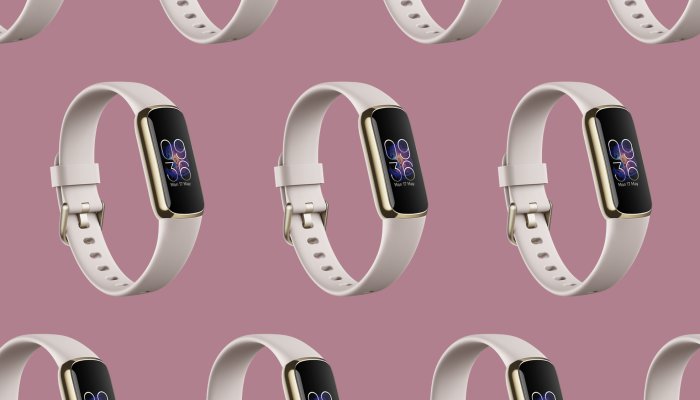
Although fitness trackers offer a ton of benefits, they’re not for everyone. Below, find a few key considerations to take before choosing one for yourself:
Accuracy of certain metrics: Hare brings up the issue of accuracy regarding certain metrics, specifying that these devices are not always the most accurate at estimating calories burned during a workout. “For example, if you’re doing a drop lunge with 30 pounds vs. doing body weight drop lunges, your fitness tracker is going to log the same amount of calories burned because it’s reading it as the same amount of movement. However, the drop lunges done with heavy weights are going to have a much greater impact on your metabolic rate and continue to burn calories after the workout is done because the muscles will need to recover.”
Some fitness trackers do adjust these metrics based on the type of workout you’re doing (i.e. light, medium, or heavy strength training), but it’s important to realize that this number is not going to be completely accurate. If you want a more accurate measurement of how your body burns calories with specific exercises, you’re better off speaking with a certified trainer or medical professional, rather than relying solely on a fitness tracker.
The specific activities you’re performing: On a similar note, many fitness trackers don’t measure a wide variety of different activities. For example, if you’re a swimmer, you’ll likely want something with capabilities specific to your sport rather than just a waterproof device. Depending on the type of wearable and the activity you’re performing, safety is a consideration as well. For a sport like boxing, wearing a device on your wrist or your finger could be more intrusive than beneficial.
How measurable your goals are: Some goals are not easily measurable by a tracker. For example, our testers had some devices alert them to move after sitting for long periods during mat-based pilates or stretch classes.
Potential obsessive behavior: “The other issue with fitness trackers is that some people can get a little obsessive with tracking their statistics and those numbers don’t show us the whole picture of your health,” Hare warns. People who have struggled with overexercise or an obsession with healthy eating might find that a fitness tracker encourages these behaviors. Athans adds that an over-reliance on these devices can “take us away from our intuition.”
Physical disabilities or existing health conditions: Most fitness trackers are unfortunately not designed with physical disabilities or health conditions in mind. If you have an existing condition, it’s best to speak with your doctor before deciding to invest in a fitness tracker.
Consistency is essential: If you aren’t going to be consistent with your tracker, there isn’t much of a point in purchasing one. These devices are designed to fit seamlessly into our routines, but if it’s only going to sit on your dresser, it’s just about as useful as paying for a monthly gym membership without actually going to the gym.
